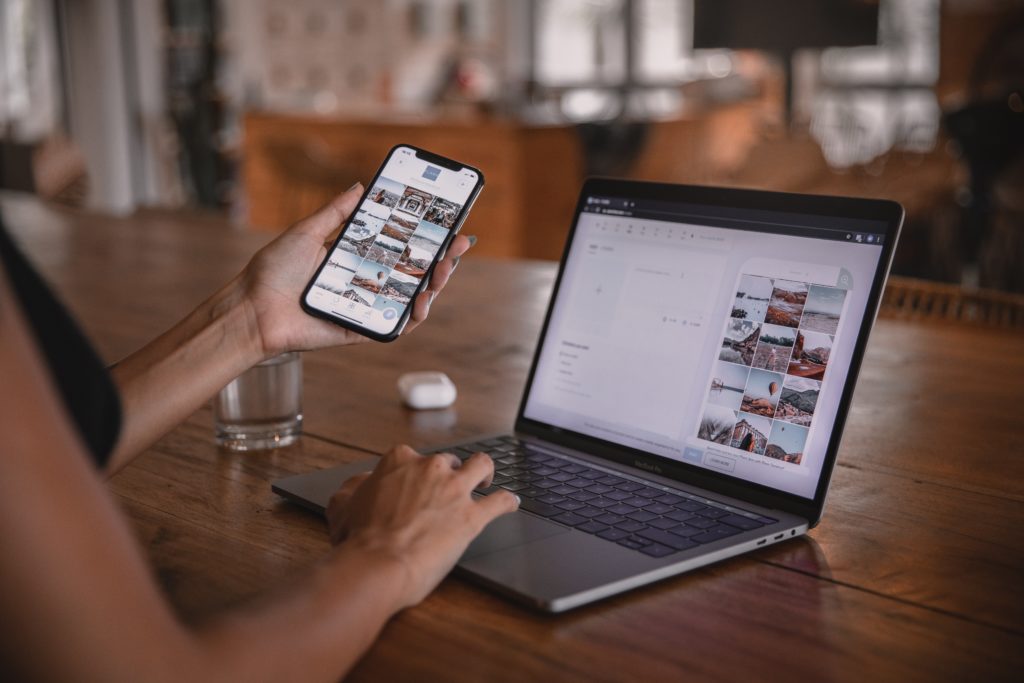How to stay safe when applying and searching for Jobs
While looking and applying for jobs it is important to keep your personal details safe and secure. During this time Cybercrime has increased and people have started to post fake job applications or adverts so they can get a hold of your details. Here are some top tips on how to stay safe while applying for jobs.

- Not all Jobs are real:
When searching for your next job online keep in mind that not all the jobs you see on the listing may be real. Criminals are able to post jobs in-order to find out your details and get personal information about you. Making sure you are using trusted sites and investigating who you are applying to before sending of your application will ensure that you are not court out. They can also say in their fake adverts about paying upfront for training or to have a guaranteed interview, these are to try and get money and/or your card/bank details. Others may ask you to purchase equipment and software before starting which is something your company should provide you with.
2. Never phone them when being interviewed:
If an employer wants to have an interview with you they will always call you. Premium rate phone numbers are a common scam. You will end up calling a pay-for number thinking it’s an interview, when you are actually paying for every minute you stay on hold. So if you are asked to call a number, see it as a red flag.
3. Job offers from out of the blue:
You may get emails out of the blue saying a company is interested in you and offering you a ‘too good to be true’ job offer. Be sceptical and ask questions about the role. Ask yourself why and how have you been contacted, what is the job, did you even apply for it? Also be wary of non-business, generic email address such as hotmail or gmail. Also look out for poorly written job adverts or job descriptions as these are signs of fake jobs. Also people who contact at unusual hours of the day (unless you have pre-arranged with them).
4. Never provide details before your interview
Never provide any personal information before an interview or a meeting (if an agency). Until you have a job offer or have started working, keep your bank details safe and only provide identity details once you are face to face.
5. Accounts and Passwords
When applying for jobs consider setting up a new email address which is not link to your personal accounts so that if it get stolen, no one will be able to see any personal details about yourself. Making sure your passwords are strong and unique will decrease the chances of your accounts being hacked. Also not using the same password for all your accounts will mean that if someone did get access to one of your accounts they then can’t access all your other accounts. Turning on two step authentication features will make it harder to gain access as they will need to have a code or answer a personal question only you should know.

Helpful links to find out more about staying safe online:
https://www.ncsc.gov.uk/section/advice-guidance/all-topics
https://www.actionfraud.police.uk/news/young-people-most-defrauded-jobseekers-in-britain
At Free2learn, we are here to support all our learners while they are on our course and while they are applying for roles. Our employability and wellbeing team are here to help anyone who would like support. Go to: free2learn.org.uk/courses to see what course may inspire you to your new career.



